While there are plenty of sayings we throw around without giving them a second thought, there are those that have a bit of a controversial history. And today, we’re looking at 25 of them, specifically the ones with racist origins. But don’t worry because we’re not here to cancel you for using them, we’re just sharing the stories behind them.
A Specific Place

The phrase “the peanut gallery” came from vaudeville, as the cheap seats were often where poor Black people had to sit. These seats were up high and far from the action. Over time, we started using the phrase to talk about anyone giving unwanted advice from the sidelines, even though it has a bit of a questionable past.
Rhyme Time

“Eenie Meenie Miney Mo” sounds harmful enough, and today it is, but earlier versions weren’t so kid-friendly. The original version used a racial slur for Black people instead of “tiger,” and you don’t need us to tell you what that word was. Thankfully, this version has been cleaned up over the years.
Voting History

You might hear someone talking about a “grandfather clause” to explain why they’re still using an old rule for certain situations. But did you know this actually has a bit of a racist past? It was a trick that some people used to stop African-Americans from voting by saying they could only do so if their grandfather did, which was when Black people couldn’t vote at all.
Being Betrayed

If you’re feeling betrayed, you might say that you’ve been “sold down the river.” This phrase actually comes from the harsh reality of slavery, where being sold down the Mississippi meant a life of even tougher work. Today, we use it to talk about any kind of betrayal, although it’s got some pretty nasty origins.
Getting Cheated
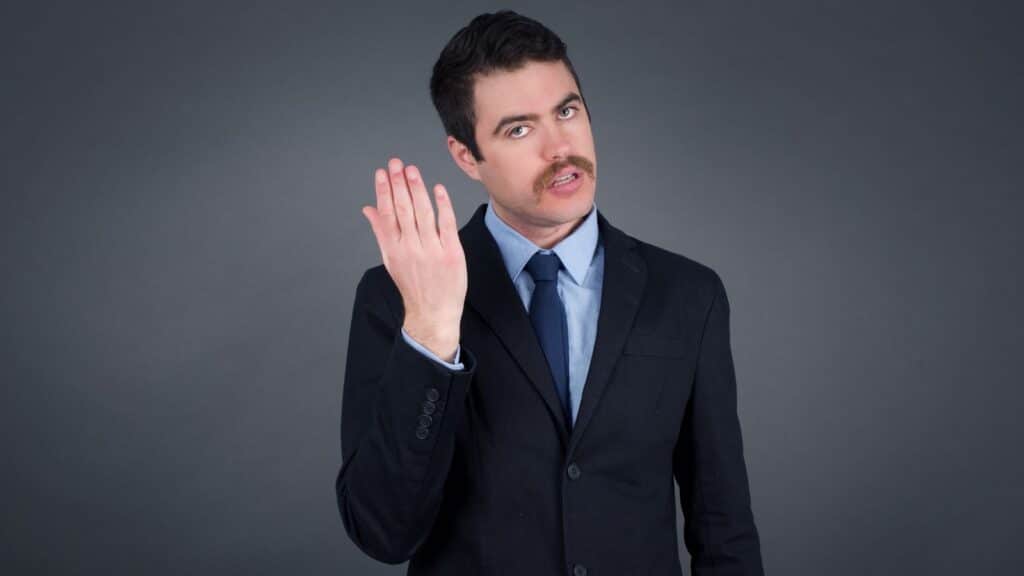
Some people use the term “gyp” to talk about being cheated or swindled. Be careful with this one because it comes from the word “gypsy,” which is a slur for Romani people as they were stereotyped as being thieves. You might want to avoid this word next time and just stick to good old “cheated.”
Feeling Celebratory
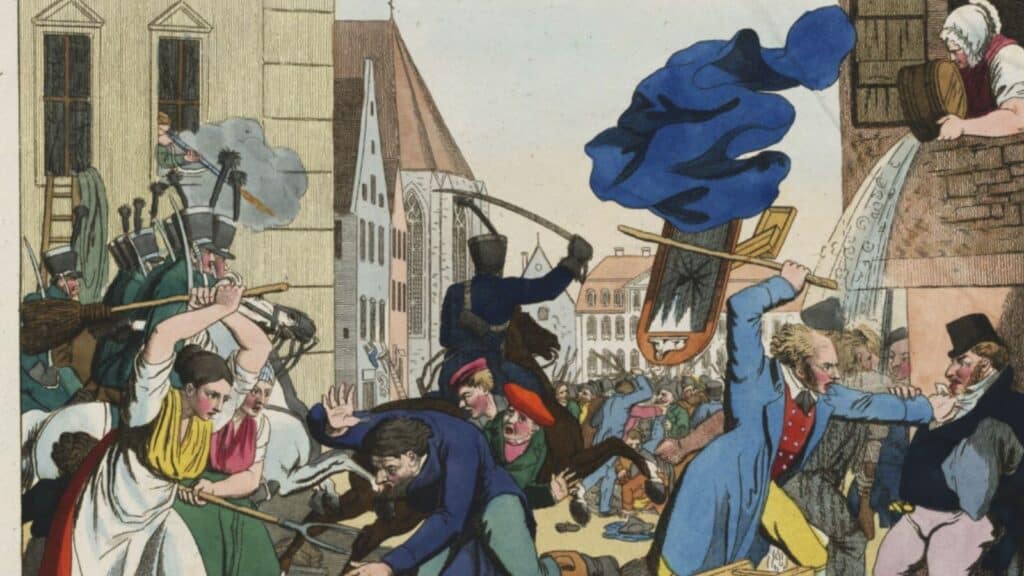
Who knew that celebrating could be so controversial? “Hip hip hooray” comes from the 1819 Hep-Hep riots, which were anti-Semitic movements in Europe that involved the “hep” targeting Jews. These riots injured many Jewish people and destroyed their property. Knowing this history definitely takes the cheer out of the cheer, doesn’t it?
Dance Moves
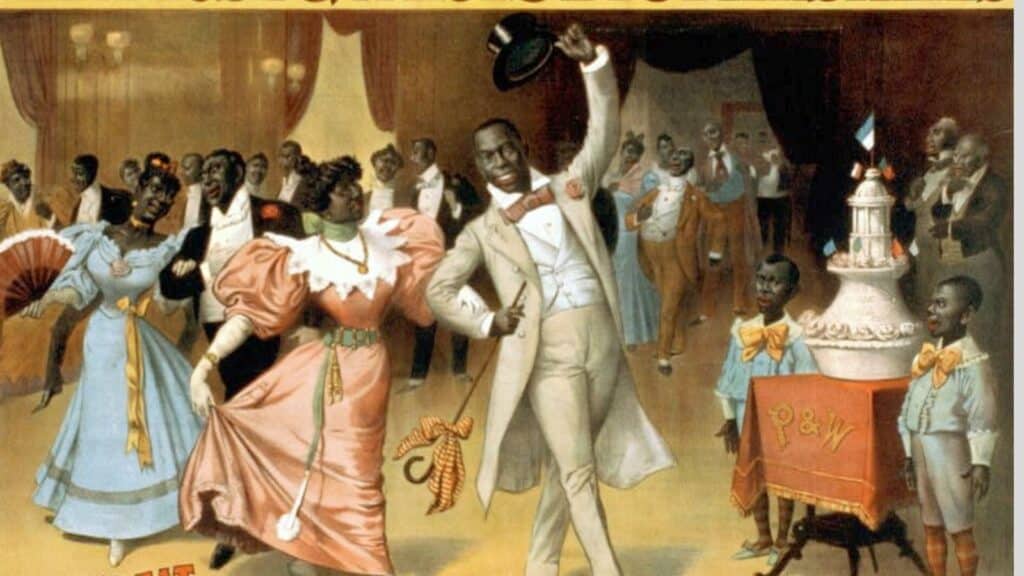
We use “cakewalk” to talk about easy things, but it actually comes from a dance competition for slaves on plantations. They were meant to mock the elaborate dances of their white slaveowners, and the winners got a cake, which is where the name comes from. It’s one of those sayings where the origins are anything but light.
Lost in Translation

“Long time no see” sounds friendly enough, but it’s actually mocking non-native English speakers and their apparently broken English. It was originally aimed at Native Americans, although it was later used against Chinese people, too. In Mandarin, for example, there is an actual phrase that translates as “very long no see.”
Mocking Language
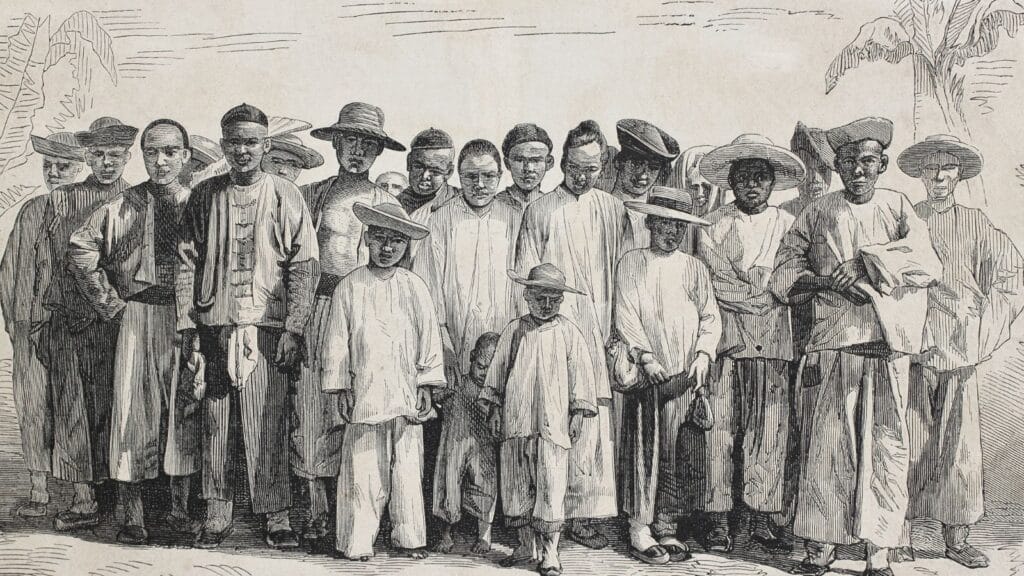
Similarly, “no can do” was meant to mock the way Chinese immigrants to America would speak English. Apparently, in the past, people thought that hearing people struggle to learn English was pretty funny. We can definitely do a lot better than using this phrase now we know where it came from.
Feeling Powerful

“Uppity” used to be a cruel way to talk about African-American people who didn’t follow strict social norms. If they acted in a way that some people thought was too self-assured or assertive, people would use this phrase to put them back in their “place.” It’s one phrase that’s probably better left in the past.
Offensive Origins

Of course, not all phrases are specifically racist against black people or Jewish people. “Bugger,” for example, comes from “Bulgarian,” and people used it in medieval times to talk about Eastern Orthodox Bulgarians as heretics or criminals. Over time, it’s become more of a general insult in English.
Street Slang
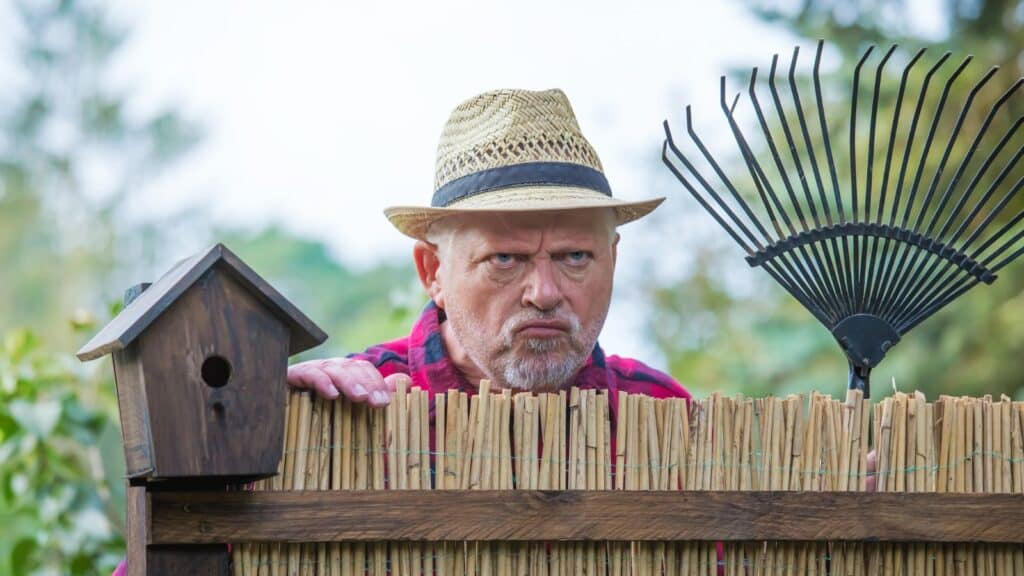
You might complain about “hooligans” ruining your neighborhood, but perhaps you should try a different word. This word comes from a rowdy Irish family called the Houlihans, who became infamous for their wild behavior in London. It stuck around and became an anti-Irish word before eventually being the catch-all term for troublemakers.
Policy Van

Likewise, “paddy wagon” also comes from stereotypes against Irish people. “Paddy” was a common nickname for Irish men, and people started to use “paddy wagon” to talk about the police vans picking up drunk or criminal Irishmen. It’s not exactly a nice way to remember your heritage.
Misunderstood Rituals
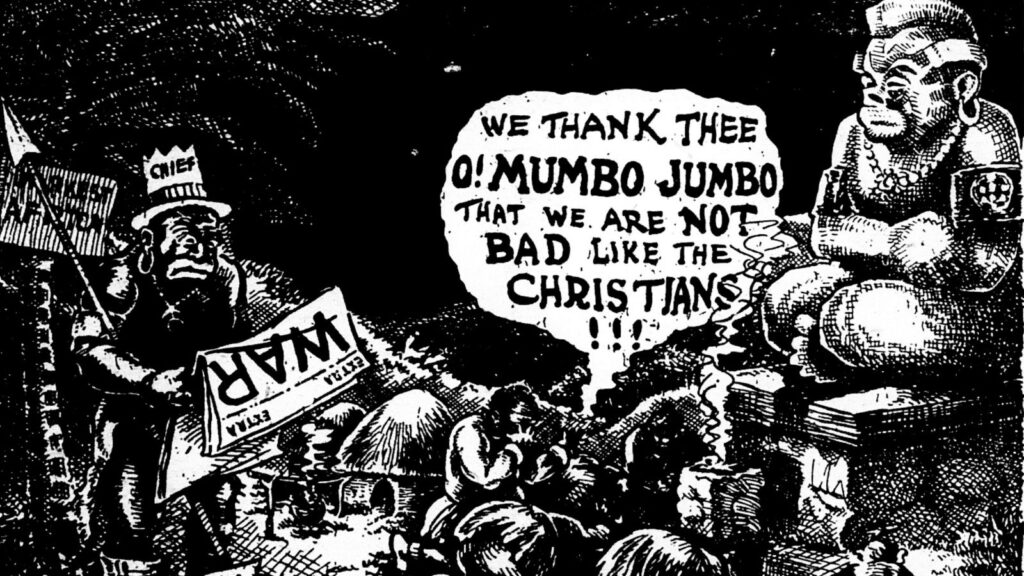
“Mumbo jumbo” sounds like harmless gibberish, although its origins show it’s anything but. It came from the term “Maamajomboo,” which is a religious figure in Mandinka culture, and Westerners turned it into a word for something silly or meaningless. In doing so, they completely stripped the word of its original dignity and importance.
No Freedom
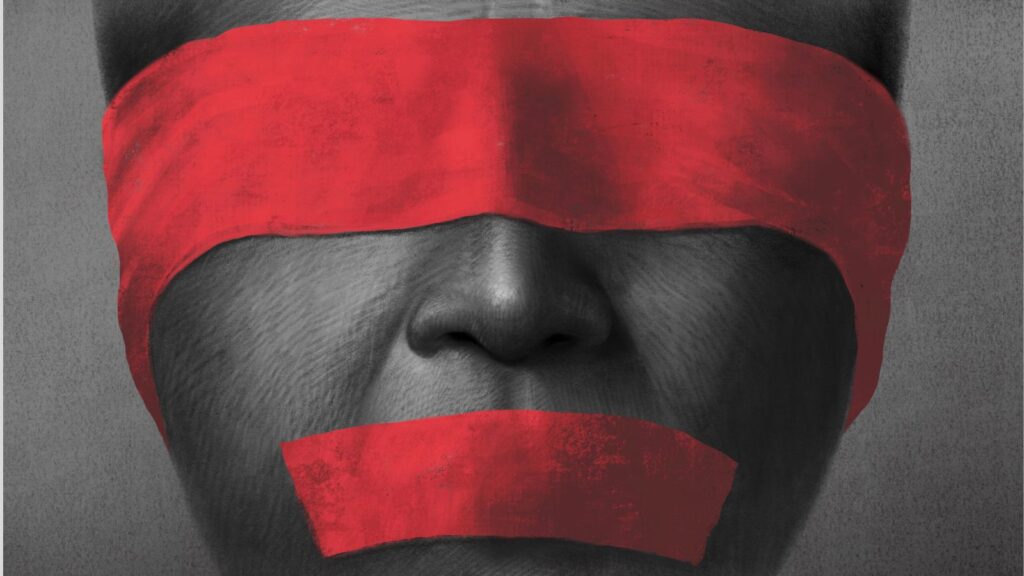
If someone’s going rogue, you might say they’re “off the reservation,” which is a reference to Native Americans leaving their land of the same name. Sadly, it’s a phrase that ignores the serious restrictions and controls that these people have to deal with. It’s basically making light of their struggles.
Twisted Trade
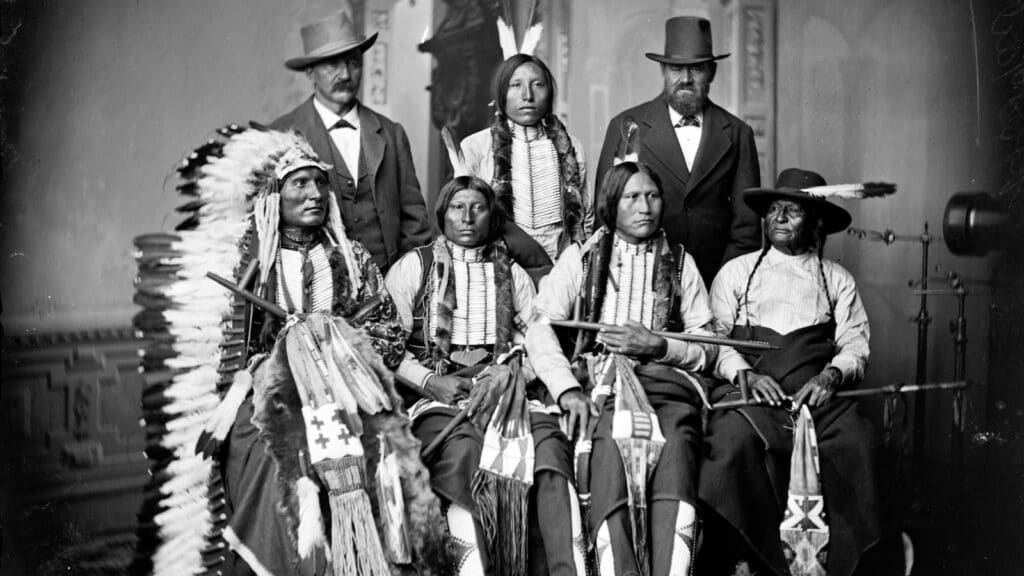
“Indian giver” is a phrase some people use to describe someone who gives gifts just so they can ask for them back later. It comes from Westerners misunderstanding Native American cultural practices. They thought they were receiving gifts, while Native Americans believed they were bartering. Sadly, we don’t really have any alternative to use instead.
Urban Labels

“Ghetto” was originally meant to refer to places where Jewish people were forced to live, which were often isolated from the rest of the city. These were usually in worse conditions, as many Jewish people were in poverty due to restrictive laws. Nowadays, we throw this word around to talk about any poor urban area.
Misused Metaphor
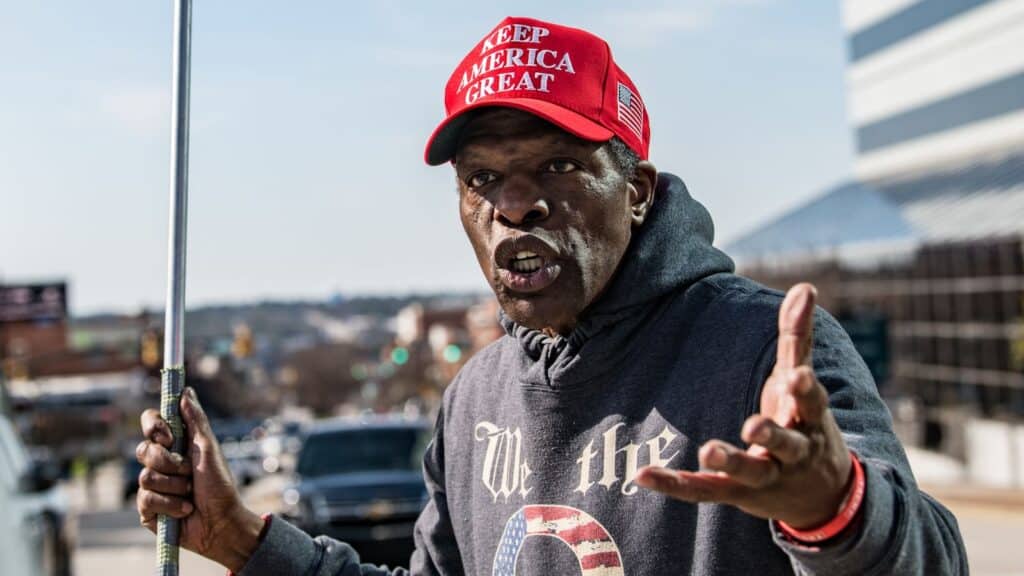
Calling a spade a “spade” sounds pretty straightforward, right? But be careful because “spade” is also an outdated racial slur against African-American people. People used it to talk about people living in Harlem, a majority-Black area, during the Roaring Twenties, and it wasn’t used to talk about playing cards until much later.
Around the House

Even “master bedroom” has a bit of a racist past because it sets up a master-servant relationship, which is associated with slavery. Today, some people say “primary” or “main” bedroom instead. Many real estate companies across the country have stopped using this phrase entirely.
Cruel Catchphrase
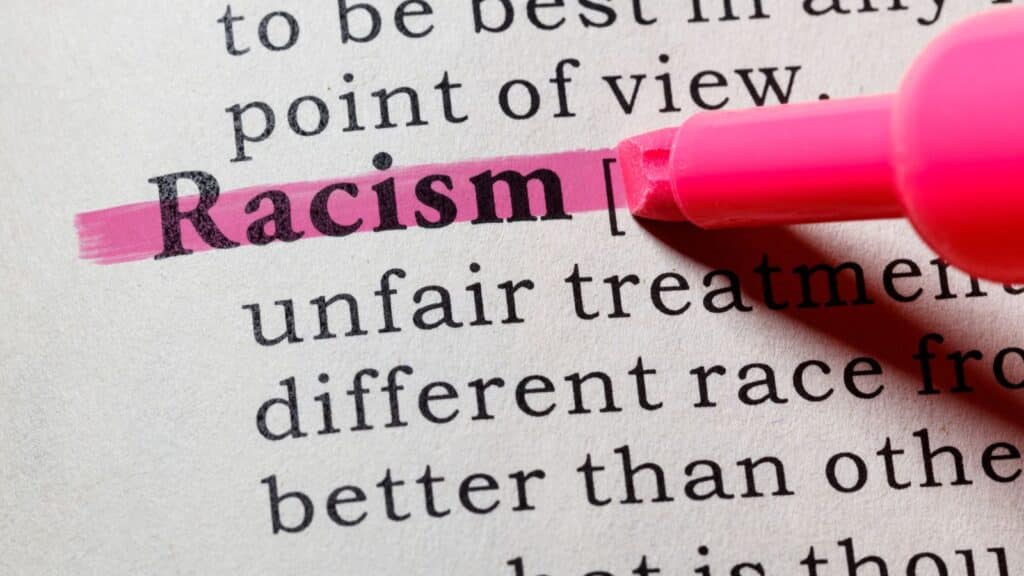
People used “coolie” to talk about unskilled laborers from Asia, particularly China and India, who were brought to replace slave labor in the Americas and the Caribbean after slavery was abolished. Originally, it was meant to be neutral and came from the Tamil words “kuli,” which meant wages. Sadly, it soon became quite racist.
Money Talks

You might not think twice about calling a dollar a “buck,” but this word comes from the slave trade. “Buck” originally referred to a strong, young Black man who slaveowners traded for goods. They usually traded for things like deer skins, which some people also called “bucks,” showing just how little these people valued Black individuals.
Being Sneaky

“Shuck and jive” sounds pretty innocent, but sadly, it’s actually quite problematic. It comes from slavery, and people used it to talk about the exaggerated ways slaves would act or the tricks they’d do to protect themselves from punishment. Today, we mostly use it to talk about people who make up lies to get away with things.
Problematically Playful
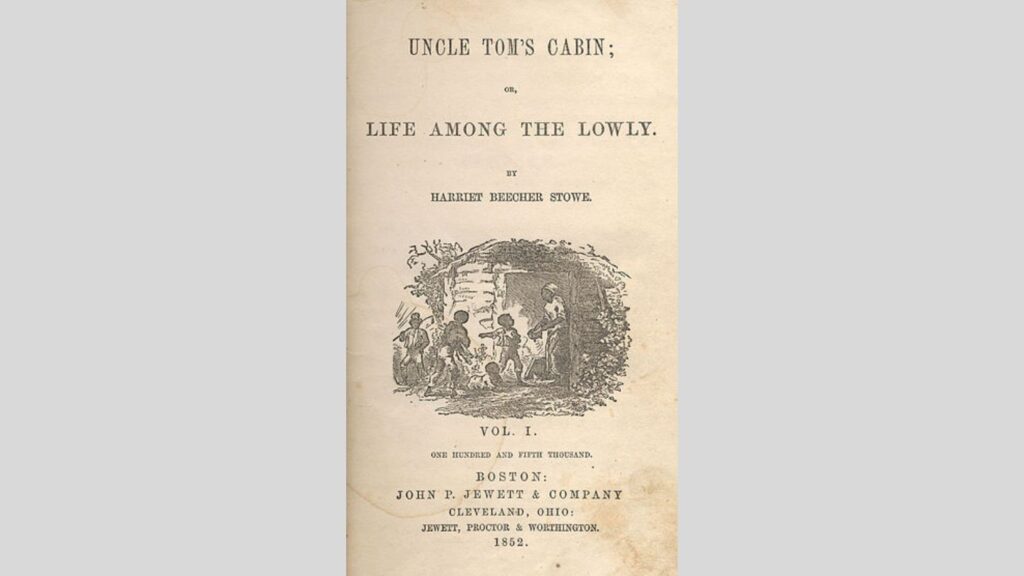
Nowadays, if something’s all “topsy-turvy,” it means it’s a mess. The term comes from the character Topsy in Harriet Beecher Stowe’s groundbreaking novel, “Uncle Tom’s Cabin.” Topsy was a young and mischievous Black girl who never did as she was told, and now we use her name to talk about chaotic things.
Splitting the Bill

There are many phrases we use to talk about everyone paying for themselves when they go out, such as “going Dutch” or a “Dutch treat.” These phrases come from a time of serious conflict between the English and Dutch in the 17th century. English people used “Dutch” before any word to make it negative, so “going Dutch” meant that someone was being stingy or cheap.
A Complete Misunderstanding

Talking about someone as being the “low man on the totem pole” means they’re not important because they’re at the bottom of the hierarchy. But actually, it’s a misunderstanding of Native American culture, as the lower figures on totem poles aren’t irrelevant. In fact, in many native cultures, they’re the most important ones of all.
19 Grim Realities of Dating After 50 That Are Often Overlooked

19 Grim Realities of Dating After 50 That Are Often Overlooked
26 Things That Will Be Extinct Because Millennials Refuse to Buy Them

26 Things That Will Be Extinct Because Millennials Refuse to Buy Them
24 Outdated Slang Terms You Absolutely Shouldn’t Be Using Anymore

24 Outdated Slang Terms You Absolutely Shouldn’t Be Using Anymore
25 Hardest Parts About Getting Older That No One Ever Talks About

25 Hardest Parts About Getting Older That No One Ever Talks About




